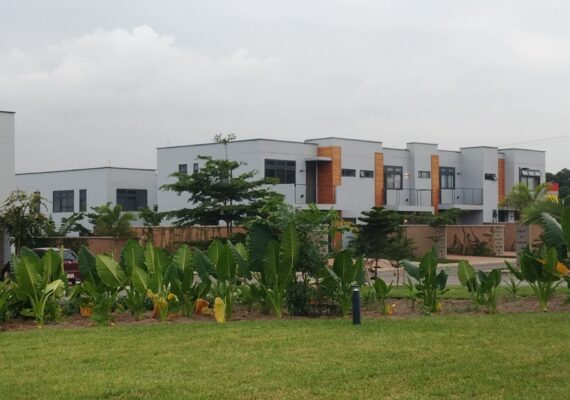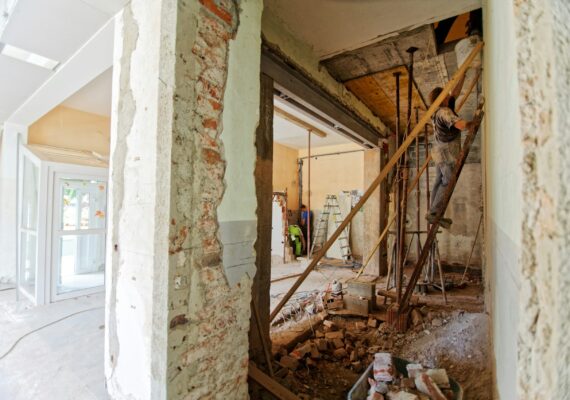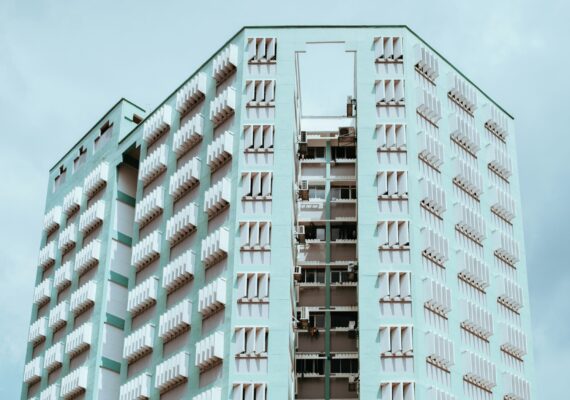As a real estate broker and consultant, I get my fair share of dollar to cedi-related questions from people around me. If only I charged a Cedi for every dollar-to-cedi kind of question I get. I’ll have lots of cedis to convert to dollars.
Sometimes, when I try to explain the answers to these cedi to dollar rate questioners, some questioners look at me surprised. Others end up disappointed – they don’t have as many houses for sale in Ghana to enjoy the benefits. Or else, they’re on the wrong side of the daily cedis to dollar battles.
And they have no option but to lick their wounds as the dollar rate puts the cedi to shame. If you’ve also wondered what the cedi to dollar rate does to real estate in Ghana, read on to find out more.
The dollar to cedi rate affects the prices of real estate in Ghana
How much is one dollar?
What is the dollar rate today?
How much is one dollar in Ghana Cedis?
The dollar-to-cedi rate can make real estate prices appear more or less expensive by the day. And it’s easy to do the math. If the cedi to USD rate is higher, you’ll need more cedis to buy the dollars you require to pay the rent in dollars.
For example, if the exchange rate is US$11: GHȼ 1, and a house for rent in Accra asks for $1,000, you’ll need GH 11,000. If, a week later, the rate shoots to US$12.5: GHȼ 1, you’ll need GHȼ 12,500 to pay the same $1,000 rent on the house for rent.
We must also factor in the service charges and other incidental costs incurred in renting/ running a real estate space.
The same theory applies – in even epic proportions – to the sale prices of real estate. Sales prices of houses for sale in Ghana can vary by the day, thanks to the answer to the question “How much is one dollar?”
Where the asking prices for houses for sale in Ghana run into the hundreds of thousands of dollars, the cedi to dollar rate bares its teeth and bites hard.
In many of the first-class residential neighborhoods in Accra, it’s easy to have houses for sale listed for, say, US$300,000-US$600,000. And that’s where the daily fluctuations in the dollar-to-cedi rate make a real dent.
The difference could be really steep, especially where the property stays on the market a bit longer – very much par for the course in real estate.
These exchange rates affect buyers and sellers of real estate differently. Some sellers don’t mind the dollar rate remaining high so they can get the most money from their houses for sale. The only fear then would be that more and more buyers are likely to be priced out. Buyers pray the cedi to dollar rate improves in favor of the cedi, so they’ll have to pay less.
How to manage this
Be explicit in stating the dates
One way is explicitly stating dates and the prevailing cedis to dollars exchange rate on that date. And then, you can also insert a clause about what future changes in the dollar to cedi rate mean to the transaction if it’s still uncompleted. All fine lines that aren’t always fun to play with. But needs must. Evidently, the dollar-to-cedi rate affects the price of real estate in many ways.
The dollar to cedi rate affects the cost of building materials
Many real estate developers in Ghana import building materials like cement and tiles. Depending on where these materials are imported from, the dollar rate will have a loud say in the final prices the importers pay for their wears.
Also, it’s easy to find developers importing modern finishes like lighting, gadgets, and furniture. And that lends another welcome invitation to the cedis to dollar rate. If the exchange rate isn’t favorable to the Ghanaian currency, the final prices on these items will be high.
We can make the same case for many other heavy-duty machinery like standby generators that will power these homes, pumps, water filters, etc. More evidence the dollar-to-cedi rate affects the cost of building materials.
When developers finally cross the line, these points will show in the asking rents or prices of the houses they put on the market.
Dollar to cedi speculations further delay transactions
It’s not unnatural to see people holding lots of foreign currency in speculation, anticipating the dollar’s value rising against the Cedi rate. As with many economic factors, these speculative actions fuel further panic among people, forcing them to buy even more. That only means the exchange rate worsens.
The upshot is that some people prefer to hold their dollars rather than spend their dollars on real estate, at least in the short term. These deliberate delays could slow the pace of real estate transactions. It may be a long shot, but the fluctuating cedi-to-dollar rates keep increasing the odds of people looking at that option.

The dollar to cedi rate affects the cost of financing
The nature of real estate is such that only a few developers would love to finance these expensive development projects by themselves. Even if they could, 100% self-financing makes little sense, given how easily you could lock yourself in a box of illiquidity.
Again, real estate isn’t the fastest-moving industry (by transaction).
That means many prudent real estate developers will resort to some form of debt financing, at least a blend of borrowing with their own resources. That’s all good until the cedi to dollar exchange rate starts to wreak havoc.
It’s easy to see how fluctuations in the forex rates affect the interest rates lenders charge on their financing package.
Given the economic challenges these exchange rate fluctuations brew, any prudent lender will add a risk premium to their fees as compensation for those uncertainties.
And that increases the cost of borrowing.
Also, if those fears are genuine, it’s easy to see how lenders will be reluctant to lend huge sums at a goal in those uncertainties the unstable cedi to dollar rates bring.
Everyone loves stability. But with unstable cedi to dollar rates, (the cost of) financing for real estate could take a hit.
The dollar to cedi rate affects the speed of construction (and overall supply)
The constant changes in the cedi to dollar rates can easily affect the speed of (real estate) construction projects. And it’s easy to see why. The continuous devaluation of the Ghanaian Cedi against the dollar can lead to rising costs of building materials, which causes contractors to veer off-budget.
With these budgetary overruns, it takes a lot of deliberations to get supplementary funds to meet the rising costs of building materials. And where the funds aren’t exactly forthcoming – or at least not with the speed developers would like – and that could unduly delay construction.
The cedi-dollar exchange rate really affects real estate
Real estate is a crucial industry in many economies the world over. And the Ghanaian space is no exception. Real estate in Ghana (like many other developing countries) could suffer massive hits due to the dollar exchange rates.
And we’re all witnessing the effects of the ways the cedi-to-dollar exchange rates affect real estate in Ghana. Usually, these undesirable exchange rates come from many factors, and there’s little an individual can do about it.
The sellers stand to get the most benefits from these challenges. And for many buyers, the challenge to cobble together enough Cedis to exchange for the dollar equivalents of these home prices is well and truly on.





[…] estate is usually a high-risk, high-outlay business. And anyone pressuring you into a real estate investment deserves scrutiny. If you miss out on a […]
[…] counter those cedi-to-dollar difficulties, many sellers now list their properties in USD. Those exchange rate changes are something to […]